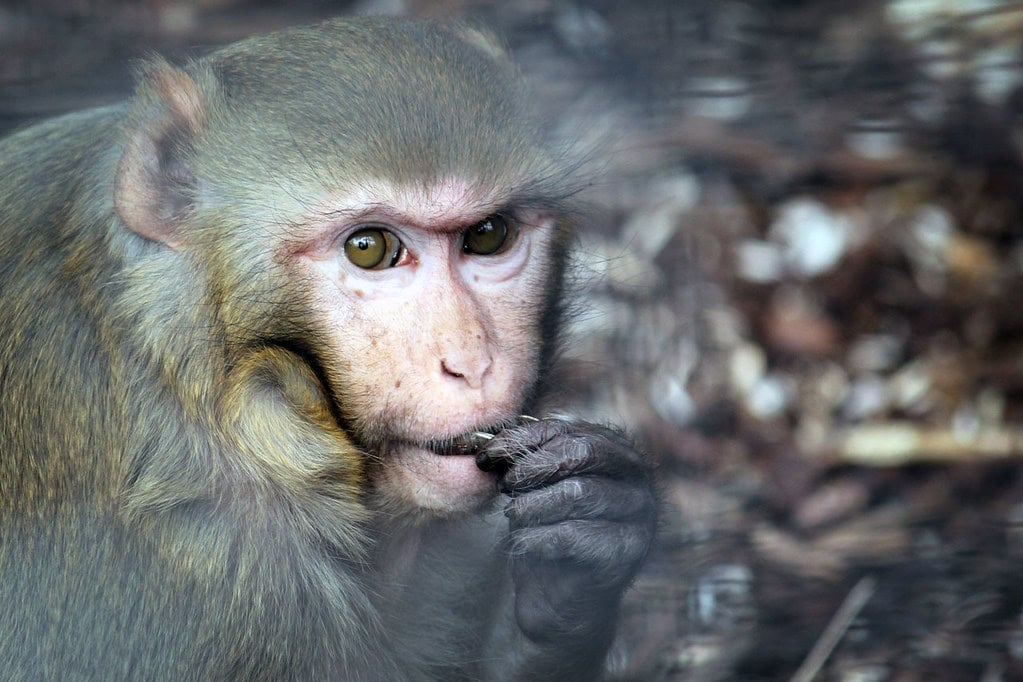Rhesus macaques (Macaca mulatta) represent one of the most studied non-human primates in scientific research, serving as crucial models for understanding cognition, behavior, and biological processes that parallel human development. These remarkable primates demonstrate sophisticated cognitive abilities that have fascinated researchers for decades, both in controlled laboratory settings and in their natural habitats across Asia. Their intelligence manifests in complex social structures, problem-solving capabilities, and adaptability that enables them to thrive in diverse environments ranging from snow-capped mountains to urban landscapes. This article explores the multifaceted intelligence of rhesus macaques, examining how their cognitive abilities have contributed to scientific breakthroughs while also illuminating the ethical considerations that accompany their use in research. By understanding these extraordinary animals better, we gain valuable insights not only into primate cognition but also into the evolutionary foundations of human intelligence.
The Evolutionary Background of Rhesus Macaques

Rhesus macaques belong to the Old World monkeys, sharing a common ancestor with humans approximately 25 million years ago. This relatively close evolutionary relationship makes them invaluable subjects for comparative studies. Native to South, Central, and Southeast Asia, these adaptable primates have established populations across a remarkable range of habitats, from tropical forests to high-altitude mountains exceeding 4,000 meters in elevation. Their evolutionary success stems partly from their exceptional cognitive flexibility and social intelligence.
The rhesus macaque genome was fully sequenced in 2007, revealing that humans and macaques share approximately 93% of their DNA. This genetic similarity underpins many of the cognitive parallels between the species and explains why rhesus macaques serve as such effective models for human neurological and psychological research. Their brain architecture, while simpler than human brains, follows similar organizational principles and contains homologous structures involved in memory, decision-making, and social cognition, making them ideal subjects for understanding the evolutionary roots of human intelligence.
Cognitive Abilities in Laboratory Settings

In laboratory environments, rhesus macaques consistently demonstrate remarkable cognitive capabilities. They excel at tasks requiring working memory, attention, and executive function. Research has shown that these primates can master complex cognitive challenges, including delayed response tasks where they must remember the location of hidden food rewards over time intervals. They also demonstrate impressive capabilities in numerical cognition, with some studies showing they can distinguish between quantities and even perform basic arithmetic operations.
Perhaps most impressively, rhesus macaques demonstrate metacognition—awareness of their own knowledge states. In uncertainty monitoring tasks, they can indicate when they’re unsure about a decision, choosing to “opt out” of difficult trials, similar to how humans express uncertainty. This suggests a level of self-awareness previously thought unique to humans and great apes. Their ability to use tools, though not as sophisticated as chimpanzees, further demonstrates their problem-solving capabilities. Researchers have observed macaques using sticks to probe for food and stones to crack open nuts, showcasing their ability to manipulate their environment purposefully.
Social Intelligence and Hierarchical Understanding
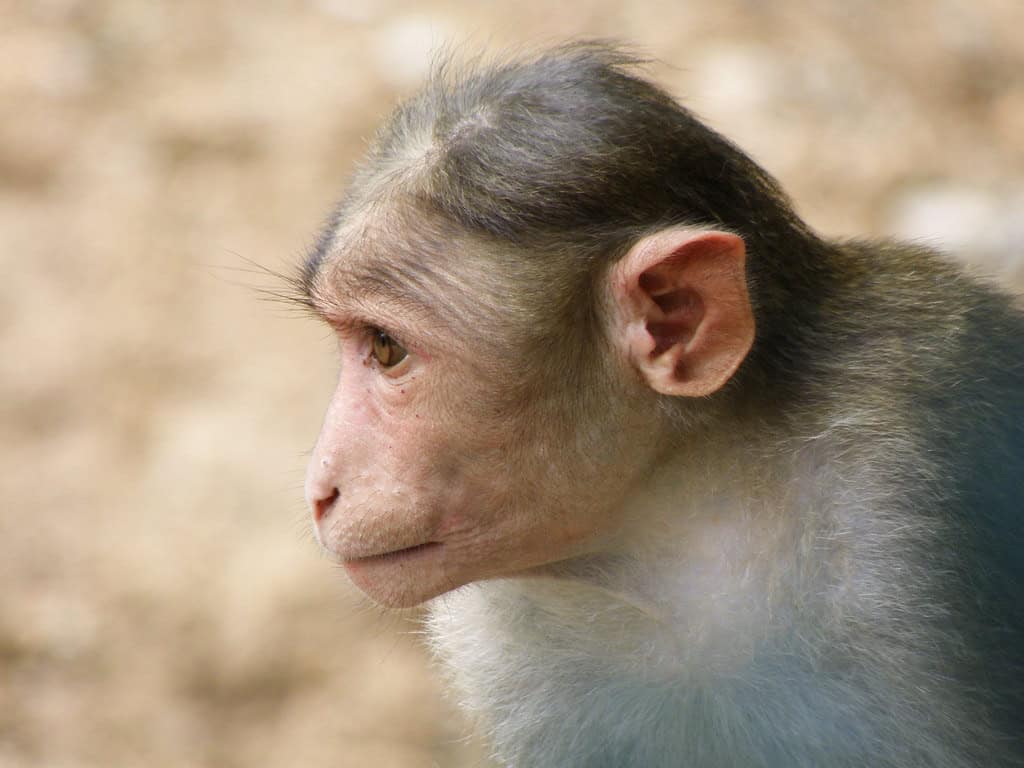
The social intelligence of rhesus macaques represents one of their most sophisticated cognitive domains. These primates live in groups of 20-200 individuals with complex, hierarchical social structures. Studies demonstrate their remarkable ability to recognize and remember the social status of dozens of group members, track changing alliances, and navigate complex social dynamics. This social intelligence requires substantial cognitive resources, including recognition of individuals, memory of past interactions, and understanding of cause-effect relationships in social contexts.
Laboratory research has revealed that rhesus macaques can identify kin relationships among other group members, distinguishing between mother-offspring pairs and unrelated individuals. They also demonstrate “theory of mind” precursors—the ability to understand that others have different perspectives and knowledge than themselves. For example, they follow the gaze of others to locate objects of interest and modify their behavior based on what other individuals can or cannot see. This sophisticated social cognition enables them to form strategic alliances, engage in reciprocal relationships, and navigate their complex social worlds effectively—skills that parallel many aspects of human social intelligence.
Learning and Memory Capabilities
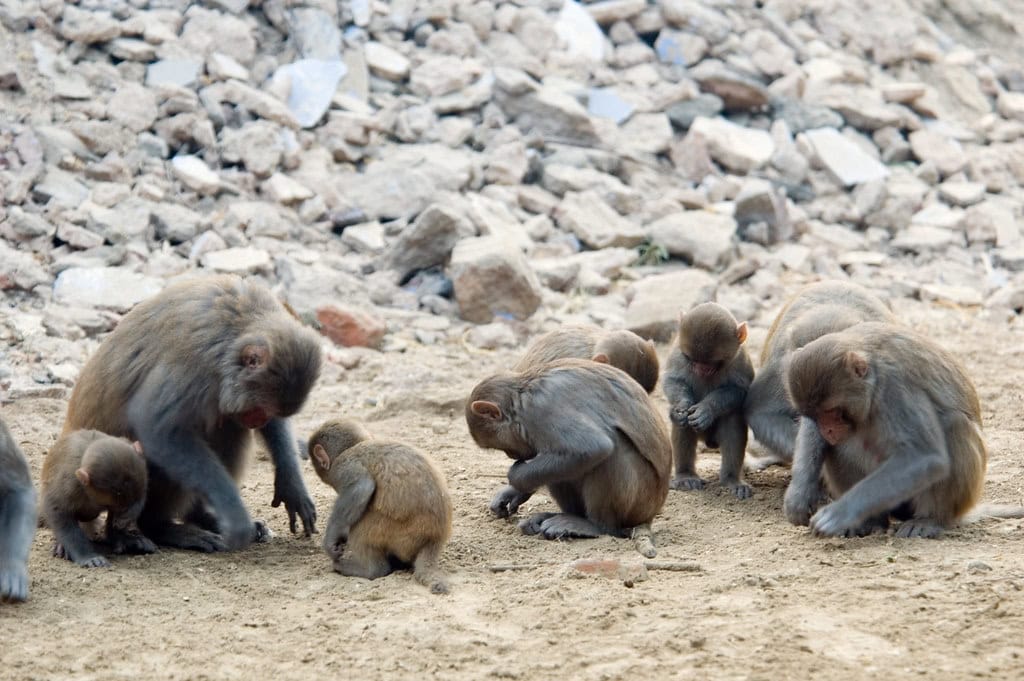
Rhesus macaques possess impressive learning and memory capabilities that have been extensively documented through laboratory research. They excel at associative learning, quickly forming connections between stimuli and rewards, and can retain this information for extended periods. Their long-term memory allows them to remember individuals, locations, and past experiences for years. In experimental settings, they can learn hundreds of distinct symbols or images and recall them with remarkable accuracy, demonstrating capacity for semantic memory similar to, though less extensive than, human capabilities.
Their spatial memory is particularly noteworthy, enabling them to navigate complex environments and remember the locations of food sources across large territories. In laboratory maze tests, rhesus macaques demonstrate sophisticated spatial reasoning, creating mental maps that allow them to plan efficient routes. They also show evidence of episodic-like memory, remembering not just what happened but when and where events occurred. This multifaceted memory system supports their ability to learn from experience, adapt to changing environments, and make informed decisions based on past outcomes—cognitive capabilities that have proven invaluable in research settings studying memory formation and neurological disorders affecting memory systems.
Communication and Language Studies
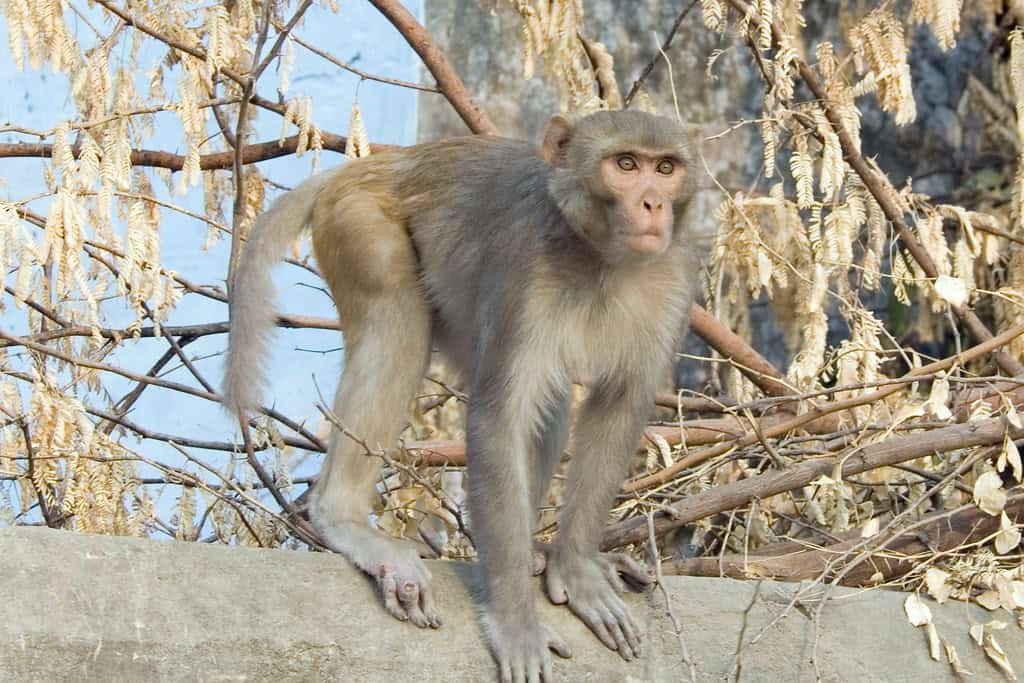
While rhesus macaques lack human language capabilities, they possess sophisticated communication systems that researchers have studied extensively. These primates use over 30 distinct vocalizations, each with specific meanings conveying information about food, predators, social status, and emotional states. Their calls vary in tone, duration, and intensity, creating a nuanced communication system adapted to their social and ecological needs. In laboratory settings, researchers have demonstrated that these vocalizations follow rule-based patterns similar to, though simpler than, human grammar.
Beyond vocalizations, rhesus macaques communicate through an elaborate system of facial expressions, body postures, and gestures. Laboratory studies using eye-tracking technology reveal that they process facial expressions similarly to humans, focusing on the eyes and mouth regions to extract social information. While they cannot master human language, studies have shown they can learn to understand symbolic communication systems. In pioneering research, macaques have been trained to use touch-screen interfaces to communicate needs and preferences, demonstrating their ability to grasp symbolic representation—a cognitive foundation for language development. These capabilities make them valuable subjects for research into the evolutionary origins of human language and communication disorders.
Problem-Solving and Tool Use
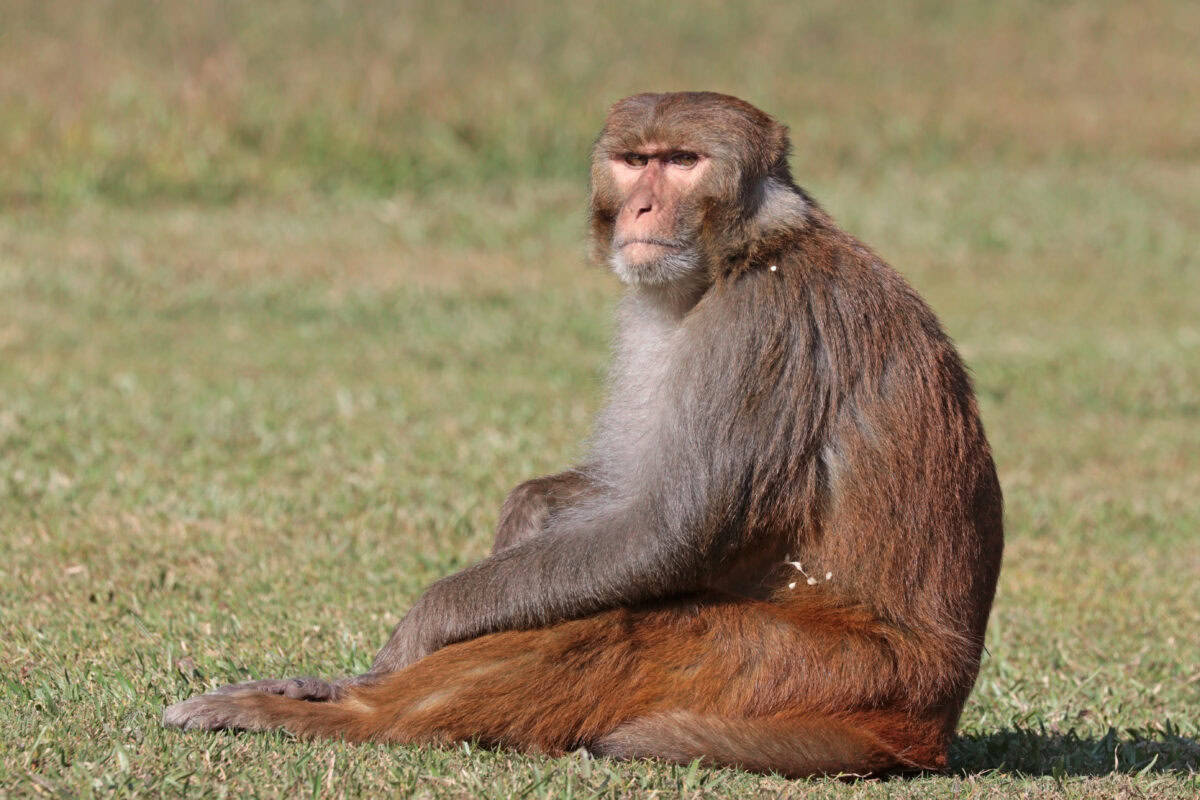
Rhesus macaques demonstrate impressive problem-solving abilities in both laboratory and natural settings. When faced with novel challenges, they employ flexible strategies, often trying multiple approaches until finding a solution. In experimental settings, they can solve complex puzzles to retrieve food rewards, showing understanding of cause-effect relationships and physical properties of objects. Their problem-solving often involves planning multiple steps ahead, suggesting advanced cognitive processing beyond simple trial-and-error learning. Researchers have documented their ability to solve problems involving tools, water displacement, and sequential ordering—tasks that require abstract reasoning.
While not as proficient in tool use as chimpanzees or capuchin monkeys, rhesus macaques do demonstrate intentional tool manipulation under certain conditions. In natural environments, they’ve been observed using sticks to probe for food in narrow crevices and stones to crack open hard-shelled nuts. In captivity, they readily learn to use novel tools, including rakes to retrieve out-of-reach food and tokens in economic exchange paradigms. Some laboratory-raised macaques even learn to use digital tools, operating touchscreens and joysticks to complete cognitive tasks. This adaptability in tool use reflects their cognitive flexibility and capacity for instrumental learning—abilities that make them valuable subjects for studying the neural foundations of problem-solving and innovation.
Intelligence in Natural Habitats
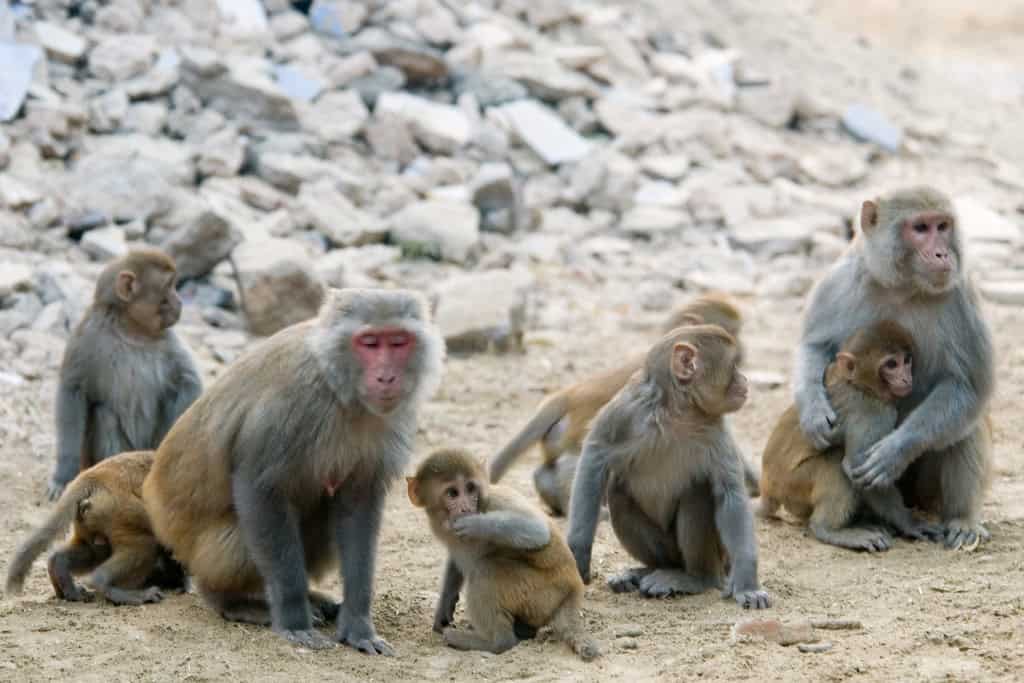
In their natural environments, rhesus macaques display remarkable ecological intelligence, adapting to diverse habitats ranging from tropical forests to snowy mountains and even urban environments. Their success across these varied landscapes demonstrates cognitive flexibility that few other species match. They memorize the locations of hundreds of food sources across large territories and track seasonal changes in resource availability, showing sophisticated spatial cognition and temporal awareness. In the wild, they demonstrate complex foraging strategies, adjusting techniques based on food type, location, and competitive pressures from conspecifics.
Perhaps most impressive is their behavioral adaptability in human-modified landscapes. In cities across India, rhesus macaques learn to navigate traffic, time their movements around human schedules, and even develop specialized tactics for obtaining food from people. Some populations have learned to open backpacks, untie shoelaces, and manipulate door handles—all without formal training. At sacred temples where they’re regularly fed, they’ve been observed engaging in bartering behaviors, stealing small items from tourists to exchange for food. This adaptive intelligence in natural and human-modified environments demonstrates cognitive capabilities that extend beyond what laboratory settings alone can reveal, highlighting the importance of studying these primates in diverse contexts.
Neuroscience Research and Brain Mapping
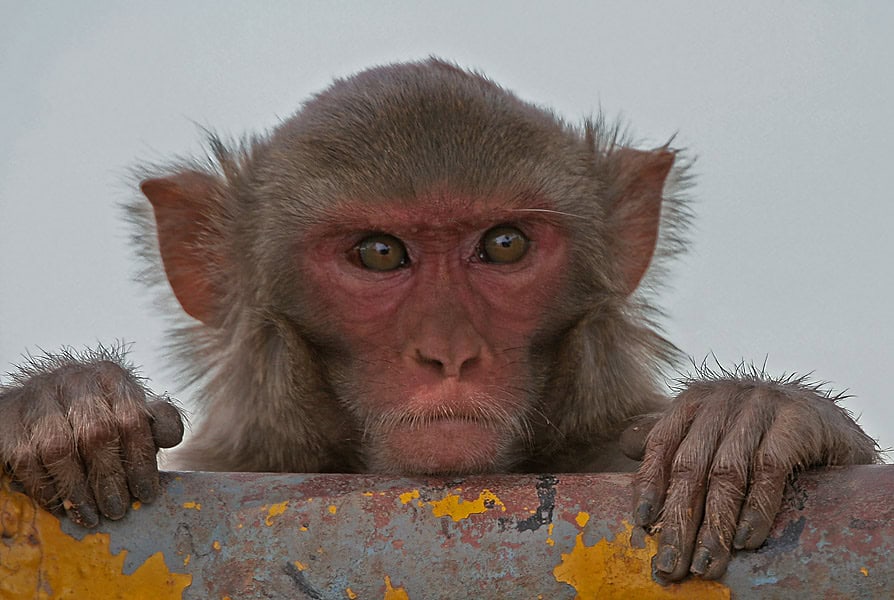
Rhesus macaques have proven invaluable in neuroscience research due to the similarities between their brain structure and human neuroanatomy. Advanced neuroimaging techniques, including functional magnetic resonance imaging (fMRI) and positron emission tomography (PET), have allowed scientists to map the macaque brain in extraordinary detail. These studies have identified specialized brain regions for visual processing, memory, decision-making, and social cognition that parallel human brain organization. The prefrontal cortex—crucial for executive functions and higher-order thinking—shows particularly striking similarities in connectivity patterns between the species.
Electrophysiological recordings from individual neurons in macaque brains have provided groundbreaking insights into neural coding and information processing. This research has revealed how neurons represent visual stimuli, store memories, and encode decision variables. Studies of macaque mirror neurons—cells that fire both when performing an action and observing others perform the same action—revolutionized our understanding of social cognition and empathy. Recent optogenetic techniques allow researchers to control specific neural circuits with unprecedented precision, further advancing our understanding of brain-behavior relationships. These neuroscientific investigations with rhesus macaques have directly contributed to the development of brain-computer interfaces, prosthetic limbs, and treatments for neurological disorders—translational applications that highlight the scientific value of these remarkable primates.
Contributions to Medical Research
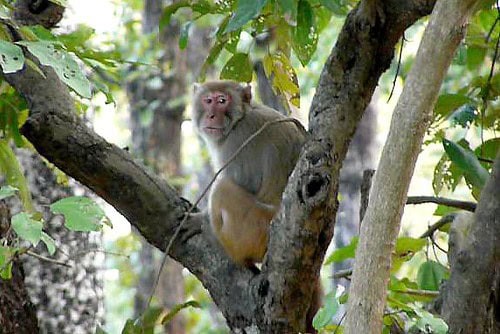
The cognitive abilities of rhesus macaques have made them crucial models for studying neurological and psychiatric conditions. Their capacity for complex cognitive tasks allows researchers to develop refined models of conditions like Alzheimer’s disease, Parkinson’s disease, and schizophrenia. For example, aged macaques naturally develop amyloid plaques similar to those in human Alzheimer’s patients and show parallel cognitive decline, providing a valuable model for testing potential treatments. Their sophisticated memory systems enable detailed study of how memory breaks down in neurodegenerative conditions and how potential interventions might preserve cognitive function.
Beyond neurological disorders, rhesus macaques have contributed enormously to vaccine development and infectious disease research. Their immune systems respond to pathogens similarly to humans, making them ideal subjects for testing vaccine safety and efficacy. The development of the polio vaccine, measles vaccine, and more recently, COVID-19 vaccines all relied on research with rhesus macaques. Their cognitive abilities allow researchers to monitor subtle behavioral changes during disease progression or treatment that might not be apparent in less intelligent animal models. Their contribution to medical research has saved countless human lives, highlighting the ethical complexities surrounding their use in laboratory settings—balancing scientific progress with concerns about the welfare of these intelligent creatures.
Ethical Considerations in Cognitive Research
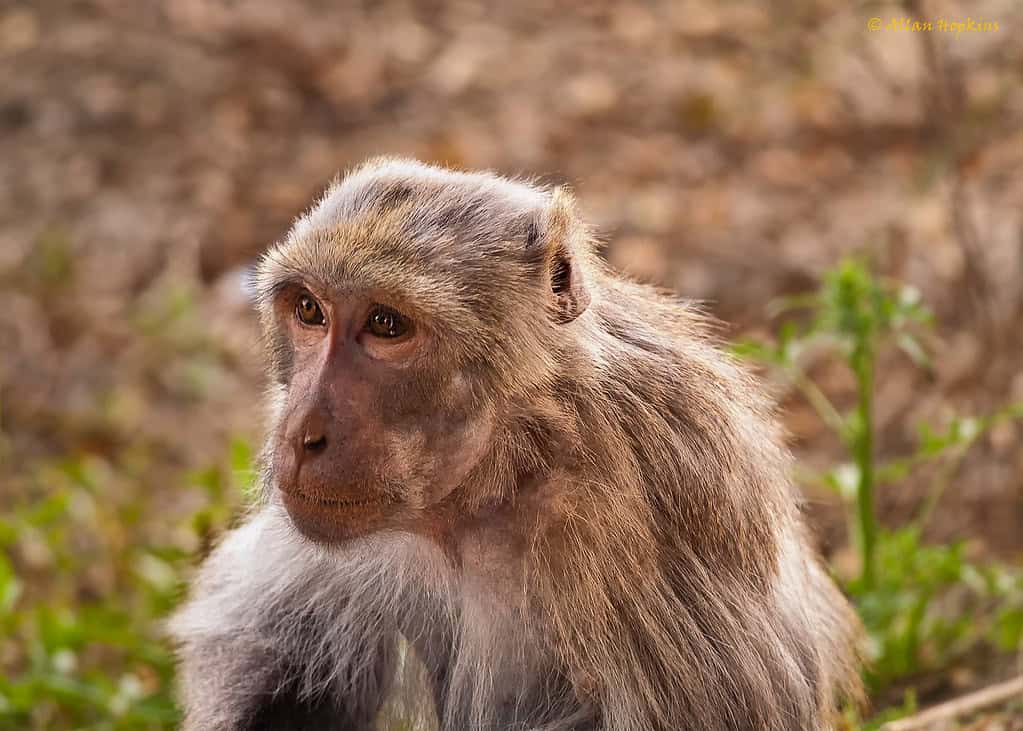
The demonstrated intelligence of rhesus macaques raises profound ethical questions about their use in laboratory research. Their capacity for complex emotions, social bonds, and advanced cognition has prompted ongoing reassessment of research protocols and welfare standards. Modern research facilities have implemented enrichment programs designed to stimulate their cognitive abilities and social needs, including puzzle feeders, climbing structures, and opportunities for social interaction. The 3Rs principle—Replacement, Reduction, Refinement—guides contemporary research ethics, encouraging scientists to use alternatives to animal models when possible, minimize the number of animals used, and refine methods to reduce suffering.
The cognitive abilities of rhesus macaques have led to increased scrutiny of psychological research protocols that may cause distress. Studies involving maternal separation, social isolation, or fear conditioning face heightened ethical review, with greater emphasis on cost-benefit analysis weighing scientific value against potential suffering. Some researchers and ethicists argue that the advanced cognitive capabilities of these primates may justify special protections beyond those afforded to less cognitively complex research animals. Many research institutions now employ dedicated animal welfare committees that include ethicists and veterinarians to ensure that research protocols balance scientific objectives with ethical treatment. These ongoing ethical considerations reflect growing recognition that respecting the cognitive capacities of these remarkable primates is both a moral imperative and ultimately leads to better science.
Comparative Intelligence with Other Primates
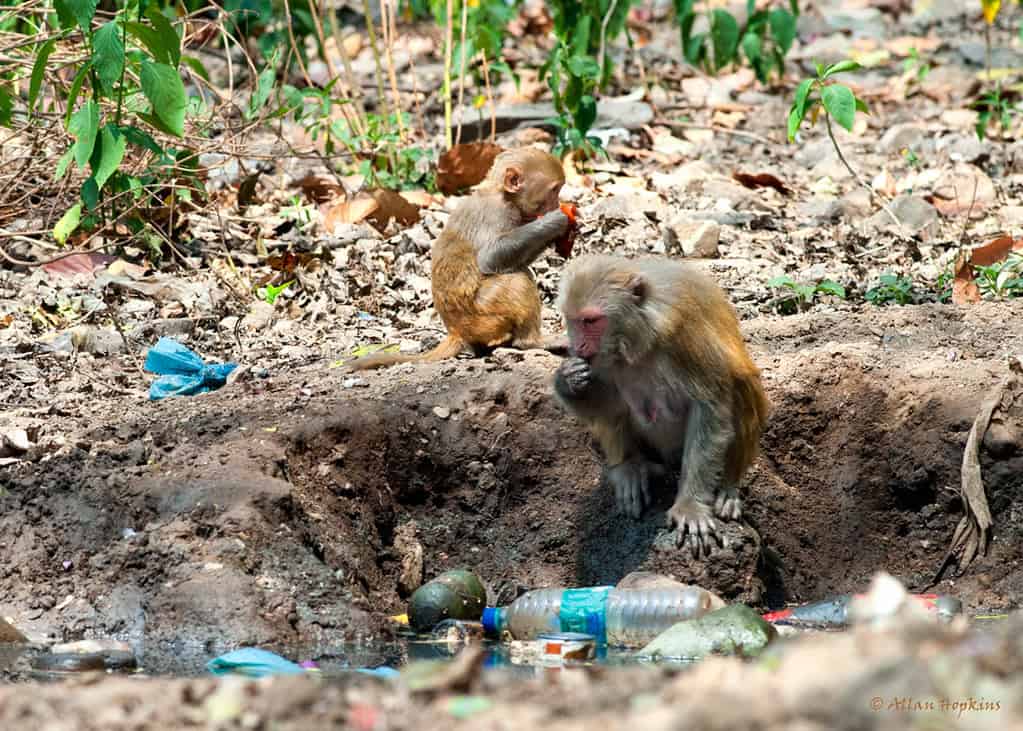
When comparing rhesus macaque intelligence to that of other primates, they occupy a fascinating middle ground. While not demonstrating the exceptional cognitive abilities of great apes (chimpanzees, bonobos, gorillas, and orangutans), they surpass most other monkey species in several domains. Great apes outperform rhesus macaques in tasks requiring abstract reasoning, tool innovation, and self-recognition, with chimpanzees capable of creating multi-part tools and recognizing themselves in mirrors—abilities generally not observed in macaques. However, rhesus macaques demonstrate cognitive skills comparable to or exceeding those of other monkey species like baboons and capuchins.
In some specific domains, rhesus macaques show specialized cognitive adaptations that rival or exceed abilities seen in great apes. Their working memory for spatial information appears particularly advanced, with some studies suggesting they outperform chimpanzees in certain spatial memory tasks. Their social cognition, particularly their ability to track complex hierarchical relationships, ranks among the most sophisticated in the primate order. Their adaptability to diverse environments—from tropical forests to snowy mountains to urban landscapes—also demonstrates exceptional behavioral flexibility that few other primates match. This cognitive profile makes rhesus macaques particularly valuable for comparative studies, as they help researchers understand the evolution of intelligence across the primate lineage and identify cognitive specializations that may have evolved independently in different branches of the primate family tree.
Future Directions in Rhesus Macaque Research
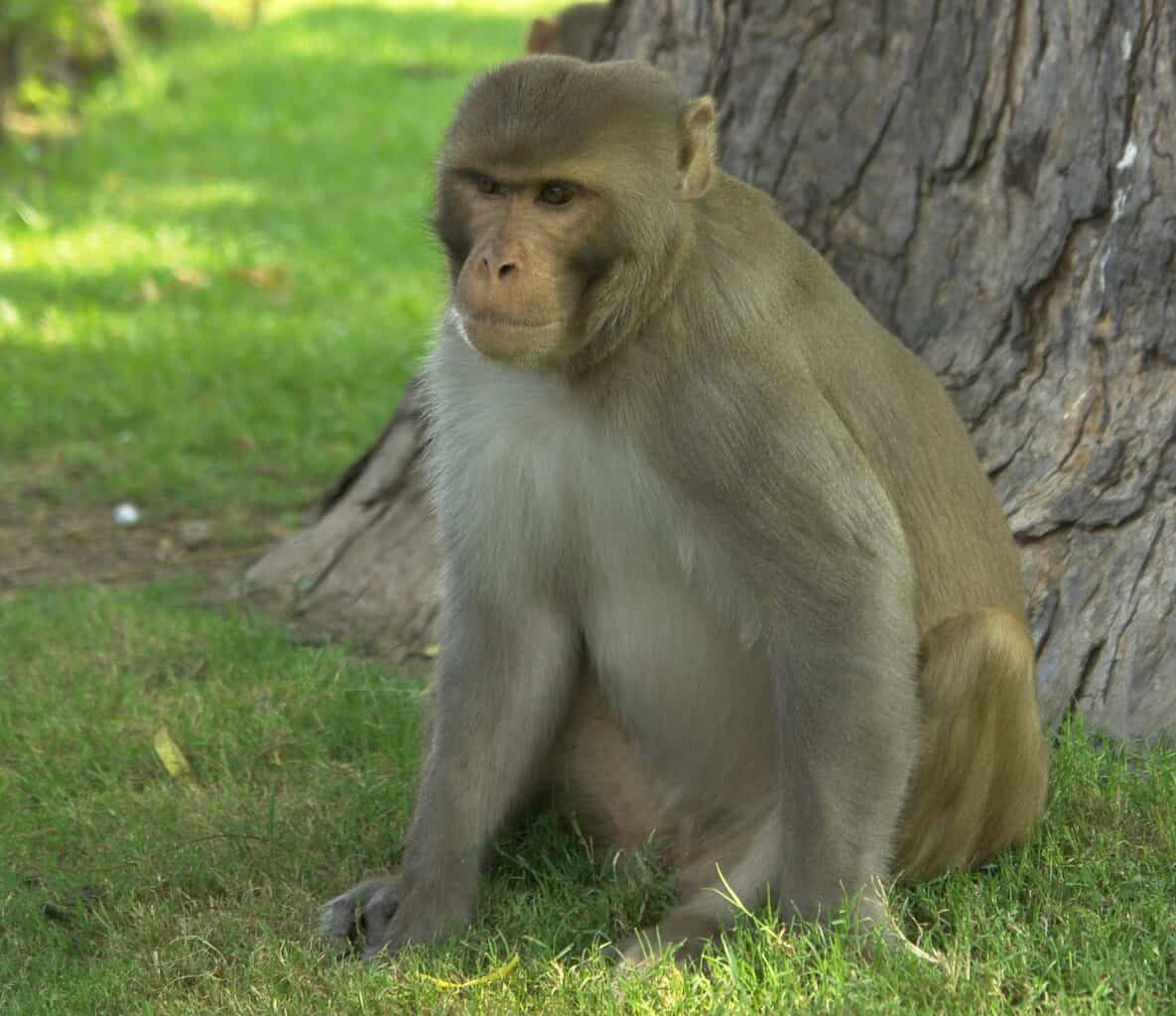
The future of rhesus macaque cognitive research promises exciting advances as new technologies enable more sophisticated investigations. Non-invasive neuroimaging techniques are becoming increasingly refined, allowing researchers to study brain activity during complex cognitive tasks with minimal distress to the animals. Automated testing systems using touchscreens and motion sensors enable macaques to participate in cognitive studies voluntarily, reducing handling stress while collecting unprecedented amounts of behavioral data. These technological innovations may help resolve the ethical tensions in primate research by providing valuable scientific insights with reduced impact on animal welfare.
Emerging research directions include deeper exploration of social cognition, particularly how macaques understand others’ intentions and mental states—crucial for understanding the evolution of theory of mind. Researchers are also increasingly studying metacognition (thinking about thinking) in these primates, investigating how they monitor their own knowledge and uncertainty. Another promising frontier involves studying gene-environment interactions in cognitive development, examining how early experiences shape brain development and cognitive outcomes. As conservation concerns grow for wild rhesus populations in some regions, there’s also increasing interest in applied cognitive research that can inform conservation strategies and captive management practices. These future directions highlight how rhesus macaque research continues to evolve, balancing scientific inquiry with ethical considerations while deepening our understanding of primate cognition and its relevance to human intelligence.
Conclusion: The Remarkable Minds of Rhesus Macaques
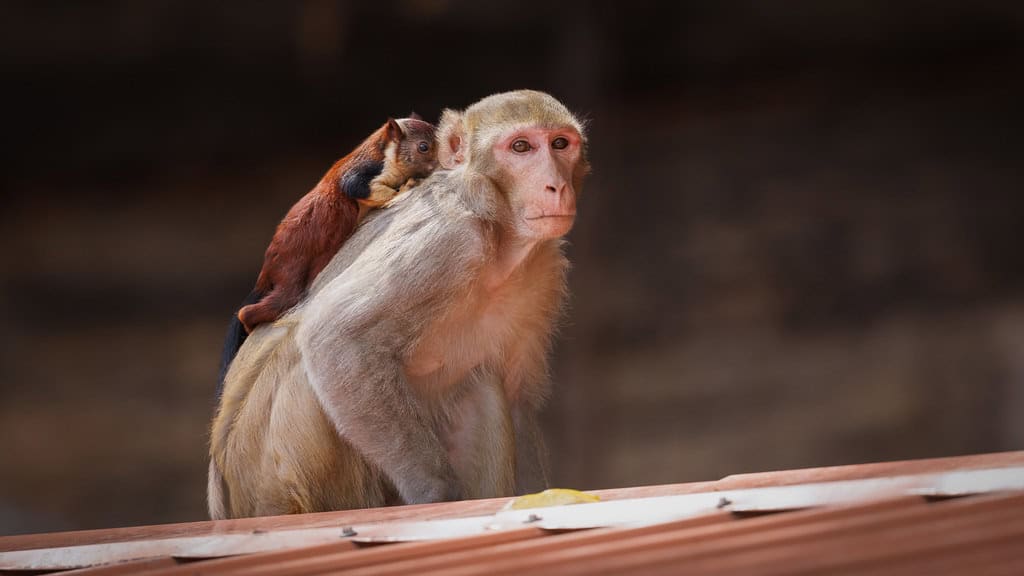
Rhesus macaques stand as testament to the remarkable cognitive capabilities that have evolved in the primate lineage, occupying a crucial position in our understanding of intelligence across species. Their sophisticated abilities—from complex social cognition and tool use to metacognition and symbolic understanding—reveal cognitive systems that parallel human mental processes in many respects while retaining uniquely macaque adaptations. The scientific insights gained through studying these remarkable primates have transformed our understanding of brain function, contributed to medical breakthroughs, and deepened our appreciation for the evolutionary roots of human intelligence. As we continue to refine our research approaches, balancing scientific inquiry with ethical treatment, rhesus macaques will undoubtedly remain invaluable partners in the scientific enterprise, their intelligence continuing to illuminate the fascinating landscape of primate cognition for generations to come.
- The Intelligence of Rhesus Macaques in Lab Research and Nature - August 10, 2025
- How Baby Dolphins Learn Through Play and Mimicry - August 10, 2025
- The Blue Whale: The Largest Animal Ever Known to Have Lived - August 10, 2025

